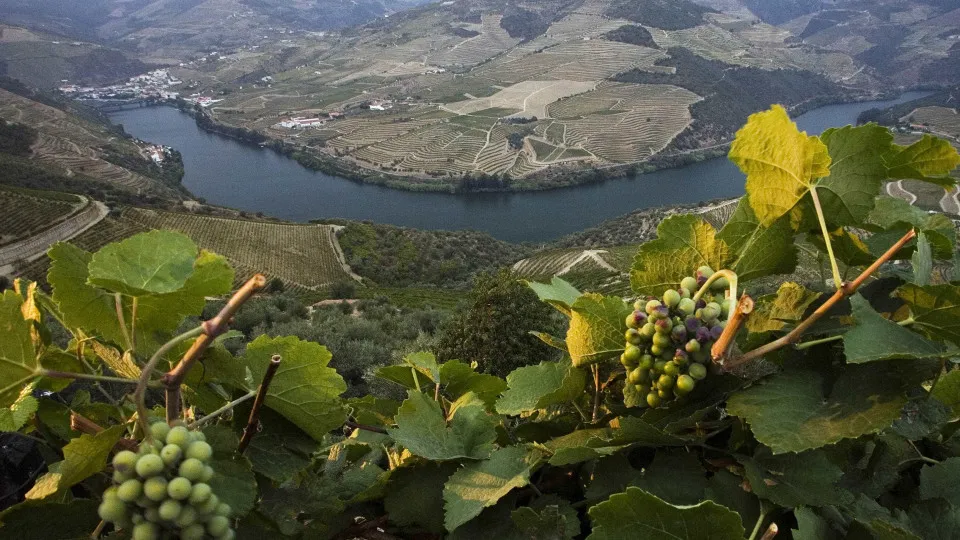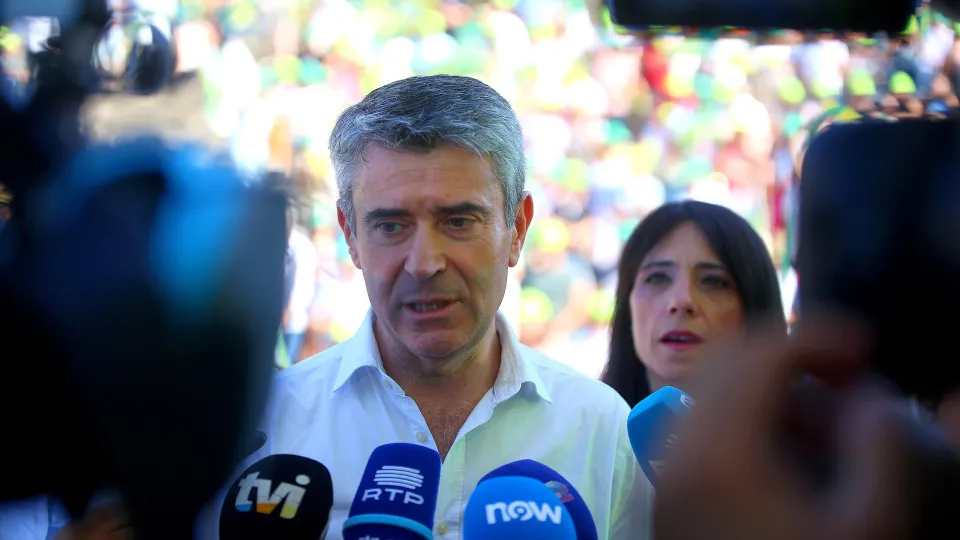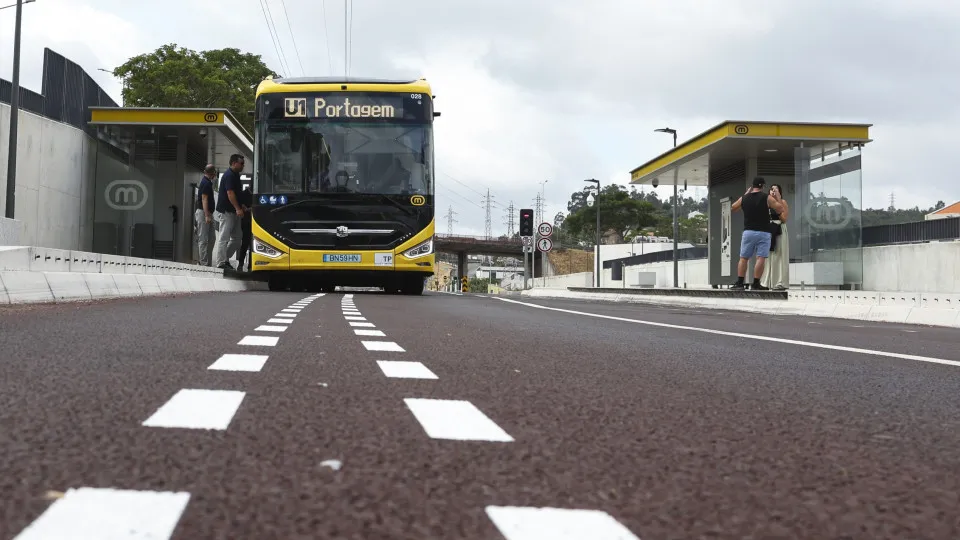
The implementation of a support measure offering 50 cents per kilogram of grapes to viticulturists for distillation must be expedited, stated Rui Paredes in response to the announcement made by the Minister of Agriculture and the Sea.
This initiative is part of an action plan for the sustainable management and enhancement of the Demarcated Douro Region’s wine sector, recently approved by the Council of Ministers.
Rui Paredes expressed regret that the initiative comes amid the ongoing grape harvest but emphasized its importance, highlighting the increased funding from an initially proposed 13 million euros to 15 million euros.
Producers in the region have expressed concerns about their ability to sell grapes or sell them at low prices, while merchants deal with full stocks and declining wine sales.
The Minister of Agriculture explained post-Council of Ministers that the main goal is to prevent income loss for viticulturists.
José Manuel Fernandes emphasized that the 15-million-euro distillation measure is funded solely by the State budget and is a one-time initiative.
Rui Paredes believes this measure will help stabilize prices.
“When we talk about 50 cents per kilogram, we are referring to 375 euros per cask, setting a minimum price below which sales should not occur. However, even 375 euros do not cover production costs in this mountainous region,” he added.
Paredes emphasized the need to establish a minimum price to ensure producers feel adequately compensated.
The proposal was developed by the Interprofessional Council of the Douro and Porto Wine Institute (IVDP) and earlier by the Regional Council of Viticulturists at Casa do Douro.
The IVDP will operationalize the plan, which involves a prior contract between viticulturist, winemaker, and distiller, with the produced brandy being included in batches for mandatory IVDP certification.
José Manuel Fernandes also stated that the brandy would have protected geographical indication.
“This is part of the necessary structural measures. When referring to regional brandy, it involves processing any excess wine into brandy for later introduction in Porto wine,” said Rui Paredes.
The head of Casa do Douro, based in Peso da Régua, Vila Real, noted that a single measure does not resolve the problem. “Several measures, albeit small, collectively enhance the outcome, resulting in the appreciation of the viticulturist’s work and remuneration,” he articulated.
The Minister of Agriculture also removed the requirement for Porto wine trade applicants to maintain a minimum stock of 75,000 liters of wine.
This requirement had been contested in the region.
“The aim is to attract new operators and fresh ideas to the region by eliminating the stock requirement, which previously hindered newcomers from investing,” emphasized Rui Paredes.




